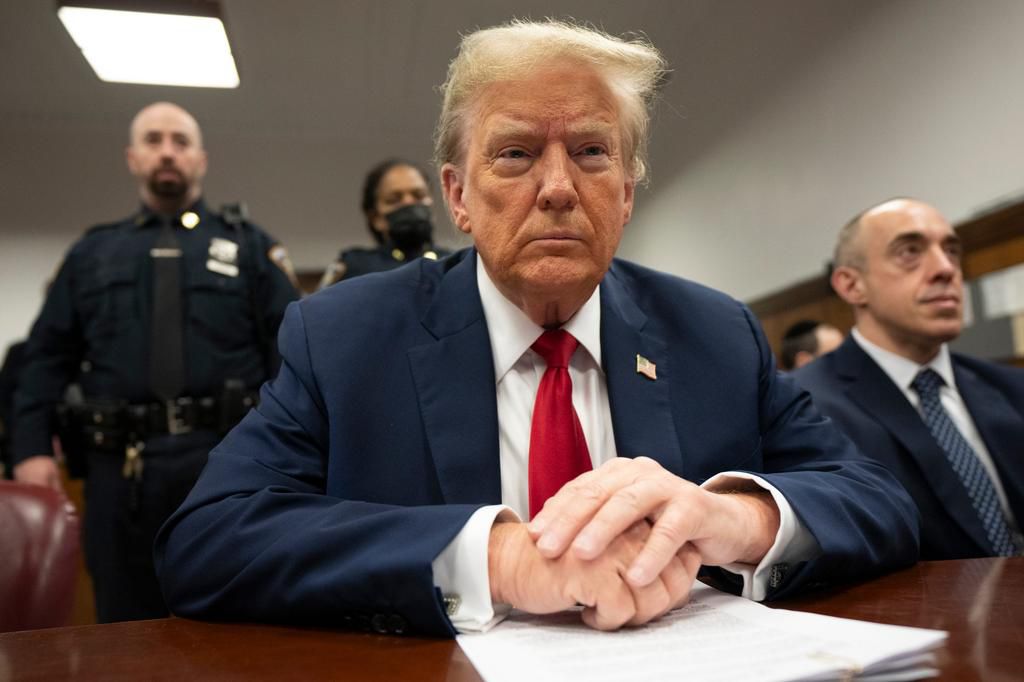US peal court dismisses Trump’s birthright citizenship order

```html US Court Rejects Trump's Attempt to Limit Birthright Citizenship San Francisco, CA – July 24, 2025 – A federal appeals court has dealt a significant legal blow to former US President Donald Trump, ruling that his executive order seeking to restrict birthright citizenship is unconstitutional. The Ninth Circuit Court of Appeals on Wednesday upheld a lower court's injunction against the order, reaffirming the 14th Amendment's guarantee of citizenship to those born in the United States.
The executive order, issued during Trump's presidency, aimed to deny automatic US citizenship to children born on American soil if their parents were undocumented or held temporary visas. This was widely seen as a challenge to the established interpretation of the 14th Amendment, a cornerstone of American civil rights.
Court Affirms Constitutional Guarantee The appellate court's decision reinforces the principle of birthright citizenship, also known as jus soli. "The district court correctly concluded that the Executive Order's proposed interpretation... is unconstitutional. We fully agree," stated Judge Ronald Gould in the ruling. Gould further emphasized that a limited injunction affecting only certain states would be ineffective due to inconsistencies in how citizenship laws are applied across different jurisdictions.
The legal challenge involved a complex series of proceedings in district courts and the Supreme Court. While the Supreme Court previously declined to rule directly on the order's constitutionality, focusing instead on the scope of nationwide injunctions, lower federal courts have consistently acted to block its implementation.
Impact and Context Trump's executive order sparked immediate and widespread legal and political controversy upon its release. Critics argued that it not only contradicted the 14th Amendment but also threatened to create a subclass of individuals within the United States, lacking the full rights and protections of citizenship. The order was seen by many as part of a broader effort to curb immigration and redefine American identity.
Expert Analysis "This ruling underscores the judiciary's role in safeguarding constitutional principles against executive overreach," explains Dr. Anya Okoroafor, a constitutional law professor at the University of California, Berkeley. "The courts have consistently acted as a check on attempts to circumvent established legal precedent regarding birthright citizenship."
According to immigration policy analyst, Mr. Kwame Mensah, "The attempt to redefine birthright citizenship was not just about legal technicalities; it was about fundamentally altering the social fabric of the United States. This ruling prevents a potentially discriminatory policy from taking effect."
Historical Perspective The 14th Amendment was ratified in 1868 in the aftermath of the Civil War, primarily to grant citizenship to formerly enslaved people. Its citizenship clause states that all persons born or naturalized in the United States and subject to its jurisdiction are citizens. This clause has been the subject of legal debate and interpretation ever since. Attempts to restrict or redefine birthright citizenship have historically been met with strong legal challenges, often citing the amendment's original intent and its importance in ensuring equal rights.
Looking Ahead The latest ruling represents a significant setback for those seeking to restrict birthright citizenship through executive action. While further legal challenges are possible, the Ninth Circuit's decision reinforces the existing legal framework and provides a strong precedent against future attempts to redefine the 14th Amendment's citizenship clause. The case highlights the ongoing tension between executive power and constitutional rights, and the crucial role of the judiciary in resolving these disputes.
The Ninth Circuit Court of Appeals has upheld a lower court’s injunction. The ruling reaffirms the 14th Amendment's guarantee of citizenship. Critics had warned Trump’s order would undermine a foundational constitutional principle.
```
Originally sourced from: pulse Ng
